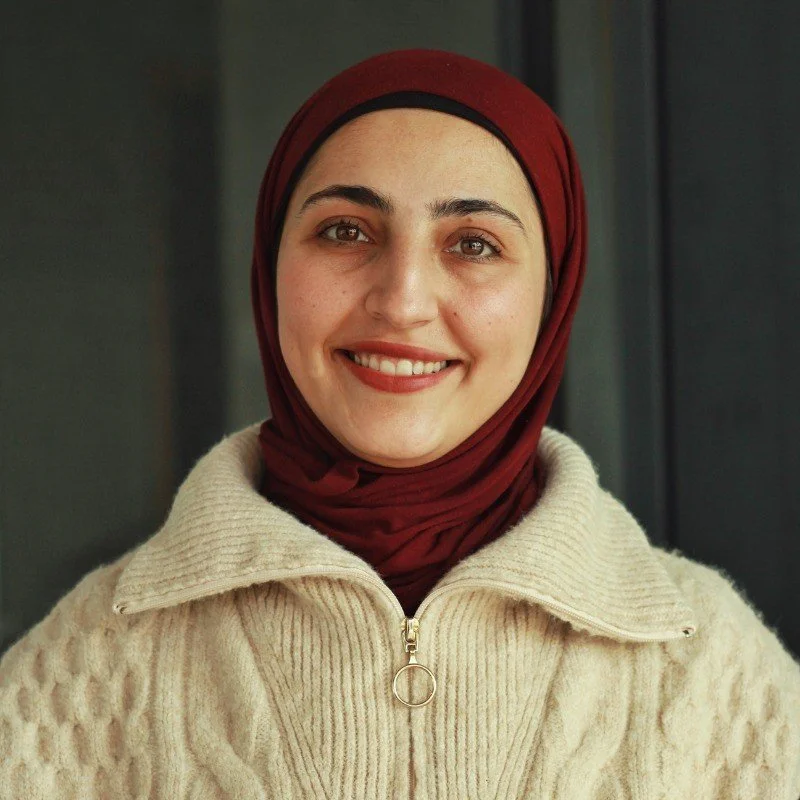Case Study: How BuildPalestine Is Reclaiming Power Through Purposeful Systems
When Lama Amr co-founded BuildPalestine in 2016, it wasn’t out of idealism; it was out of urgency. What if Palestinian changemakers didn’t have to rely on foreign aid? What if local visionaries could fund their own ideas, in their own language, with their own communities?
This wasn’t about charity. It was about reclaiming agency. BuildPalestine emerged not just as an organisation but as a platform for solidarity, connecting grassroots initiatives with the mentorship, funding, and global networks they needed to grow. From community farms to girls who code, they supported bold social enterprises that redefined what aid and empowerment could mean in the Palestinian context.
But while their ideas scaled, their internal systems lagged behind. Like many impact-driven organisations, their backend became a patchwork of scattered tools and outdated workarounds, just functional enough to survive, but not strong enough to sustain a movement.
Tags: impact communications, CRM strategy, digital infrastructure, audience segmentation, membership campaigns.
Feeling stuck with scattered data and silent audiences?
The Story Behind Build Palestine
Behind the Scenes: Purpose Meets Platform Gaps
By 2023, BuildPalestine had built a thriving community of donors, fellows, volunteers, and allies. But behind the scenes, years of contact data sat idle across Mailchimp, Google Sheets, and Airtable, disconnected, duplicated, and underutilised.
They didn’t just want to clean their data. They wanted to activate it. Their new vision, “Under the Olive Tree”, a membership model built to crowdsource funding from supporters, depended on their ability to communicate with intention and build financial independence on their own terms.
The stakes were higher than open rates or bounce percentages. This was about shifting the power dynamic. Replacing reliance with resilience. Funding movements through community, not conditional grants.
The Turning Point: Building with Purpose
When we began our work together, the goal was clear: turn fragmented data into a foundation for belonging.
We started with a full system audit, consolidating their entire contact base into a unified, structured CRM. From there, we didn’t just segment by behaviour; we segmented by relationship. Donors, partners, volunteers, and summit attendees – each group was organised by their engagement history and emotional investment.
With clean data in place, we designed multiple three-part user journeys, tailored to these segments. Each journey reintroduced BuildPalestine’s mission, invited supporters into the new membership vision, and reminded them of the impact they had already helped build. The content was intimate, clear, and unmistakably in BuildPalestine’s voice: rooted in dignity, resilience, and hope.
The Campaign That Waits: Interrupted, Not Abandoned
The launch was scheduled for October 7, timed with the BuildPalestine Summit and centred around reclaiming the narrative on funding. But that same day, the world shifted. The events that unfolded across Palestine in the days and months that followed took a profound toll on the organisation, its people, and its priorities.
Public fundraising was paused. The “Under the Olive Tree” campaign was put on hold. But the system remained a quiet strength, ready to be reactivated when the time feels right.
The Results: From Data to Dignity
Looking Ahead
The campaign may be paused, but the vision is not. BuildPalestine continues to champion local changemakers and challenge the belief that dependency is the only path forward. Thanks to this foundational work, their future campaigns can begin not from scratch but from strength.
In a landscape shaped by uncertainty, systems like these offer something rare: stability, clarity, and choice.
Today, BuildPalestine holds a streamlined CRM with clearly segmented communities. Their supporter journeys are written, designed, and ready. More than just technical progress, this was a transformation in how they saw and held their community.
As one team member put it:
"Before this, our data was everywhere. We were relying on external funding because we didn’t have the tools to do it differently. Now, we feel in control. We’re ready to grow on our terms."
This wasn’t just backend optimisation. It was a political act, reclaiming the infrastructure of impact and anchoring it in care, strategy, and sovereignty.
Work With Us
Movements like this deserve to be backed by systems that match their purpose.
At Olives & Heather, we help mission-driven teams turn their values into strategy through clean data, compelling storytelling, and digital tools that support growth on their own terms.
If your vision is bold but your backend is holding you back, let’s build the infrastructure your story deserves.






